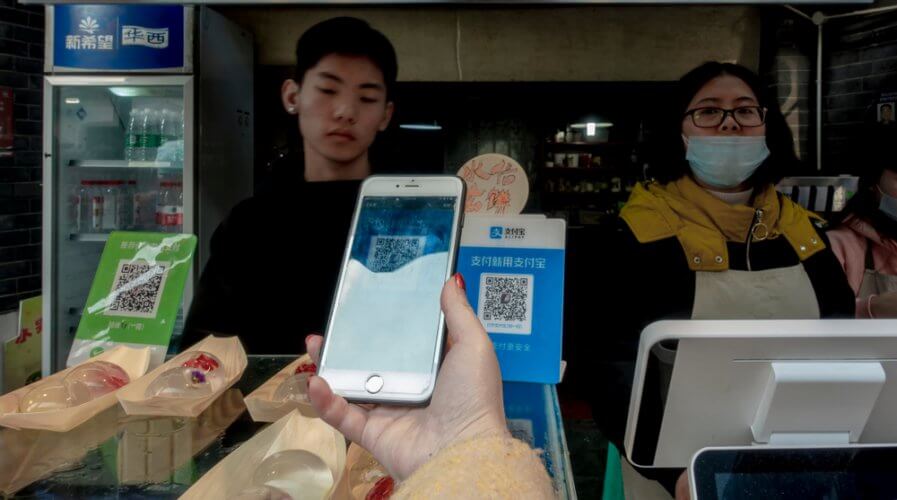
Are people really beginning to understand cybersecurity risks? Source: Shutterstock
Government doing enterprises a favor by raising cybersecurity awareness
CYBERSECURITY experts believe that people, especially employees, are the weakest link in an organization’s defense against external threats in the digital world.
If that’s the case, a new study by the Cyber Security Agency of Singapore (CSA) might help put experts at ease as findings suggest that awareness of cybersecurity risks is rising steadily.
Conducted in Singapore, the study also found that a larger number of consumers have begun using two-factor authentication (2FA) for all their online accounts — indicating that adoption of cyber hygiene is also on the rise.
Given that the proportion of respondents who use their personal mobile devices for online transactions has increased steadily, from up from 51 percent in 2016 to 64 percent in 2017 to 73 percent in 2018, it seems that users are now consciously thinking about protecting themselves online.
Besides measuring public awareness and the adoption of cyber hygiene practices, the 2018 survey also studied the prevalence of cyber incidents and respondents’ attitudes and behaviors towards them.
Forty-eight percent of respondents said they experienced at least one cyber incident in the past 12 months and 36 percent singled out advertisement pop-ups after browsing websites online as the most common cyber incident. Persistent pop-ups are a common sign of malware infection.
In light of the report, CSA will be launching a campaign to raise awareness among the public in Singapore about the personal consequences of cyber-attacks and the measures that users should take to protect themselves.
The efforts made by government bodies such as CSA in Singapore essentially bring about a change in mindset, which plays a significant role in helping enterprises strengthen their cyber defense as well.
Earlier this year, Hong Kong police partnered with local cybersecurity companies to update its “cyber security campaign” which provides free tools to smart device owners to help them scan for and remove viruses.
The Hong Kong government has been working on raising awareness and changing the mindset of residents for a few years now — with its “cyber security campaign” first launching in 2017.
Similarly, Indonesia, which established the National Cyber and Encryption Agency earlier this year, is cracking down on cybercrime in may ways — and raising awareness in the country through a number of interesting programs.
Overall, in Asia, it seems as though government agencies, in one way or another, are keen on educating the public about cyber risks and cyber hygiene measures they can follow.
Naturally, falling prey to cyber attackers’ plots can be quite painful — to companies as well as individuals.
Victims in Hong Kong, for example, reportedly lost HKD147 million (US$18.8 million) last year as a result of cyber incidents. While a study by the National Cyber and Encryption Agency found that Indonesia was hit by a record 12.9 million cyberattacks last year with an average 15 percent growth year on year.
In the future, as society understands the risks associated with conveniences of living in a digital-first world, enterprise cybersecurity professionals might start seeing employees as an added layer of protection against external threats instead of thinking of them as the weakest link to their defense strategy.
READ MORE
- Strategies for Democratizing GenAI
- The criticality of endpoint management in cybersecurity and operations
- Ethical AI: The renewed importance of safeguarding data and customer privacy in Generative AI applications
- How Japan balances AI-driven opportunities with cybersecurity needs
- Deploying SASE: Benchmarking your approach


